While supplements can be helpful for addressing particular deficiencies or health issues, you should always speak with a healthcare provider before beginning a new supplementation routine. They can aid in setting the proper dosage and spotting possible drug or health condition interactions. Additionally, the greatest method to naturally receive these vitamins and minerals is through a balanced diet that includes a variety of nutrient-rich foods.
A few popular vitamin supplements and their advantages.
Vitamin C, Vitamin C is a potent antioxidant that strengthens the immune system, promotes the creation of collagen for healthy skin, and facilitates iron absorption. In addition to chewable pills, capsules, and effervescent powders, it is offered in a number of different formats.
Vitamin D, Also referred to as the vitamin of sunshine, vitamin D is essential for strong bones, teeth, and immune system. It contributes to the control of mood as well. Soft gel capsules or chewable pills containing vitamin D supplements are frequently consumed.
B1 (thiamine), B2 (riboflavin), B3 (niacin), B5 (pantothenic acid), B6 (pyridoxine), B7 (biotin), B9 (folic acid), and B12 (cobalamin) are all members of the vitamin B complex. They are necessary for the metabolism, neurological system, and creation of energy. Supplements for the B-complex are often sold as tablets or capsules.Omega-3 Fatty Acids Omega-3 fatty acids are well-liked supplements made from fish oil or plant sources, while they are not vitamins. They are renowned for enhancing brain and heart health as well as decreasing inflammation.Magnesium Magnesium supports muscle and nerve function, energy production, and bone health by taking part in over 300 metabolic processes in the body. It comes in tablet, pill, or powder form.Iron Iron is essential for the body's ability to produce red blood cells and carry oxygen. For people with anemia or iron deficiency, iron supplements are frequently advised.Calcium Calcium is necessary for healthy nerves, strong bones, and the contraction of muscles. Calcium supplements are available in many different forms, such as calcium citrate and calcium carbonate.Vitamin E As an antioxidant, vitamin E aids in preventing cell deterioration brought on by free radicals. Due to its potential advantages for skin health, it is frequently used in a variety of skin creams. Soft gel capsules that contain supplements of vitamin E are available.Zinc Zinc is necessary for immune system health, cell development, and wound healing. The perceptions of taste and smell are also supported by it. Tablets and lozenges are two common forms of zinc supplementation.Probiotics Although they are supplements containing advantageous living microorganisms that support a healthy gut microbiota, probiotics are not vitamins. They help the immune system, digestion, and possibly even mental wellness.Coenzyme Q10 (CoQ10) CoQ10 is an antioxidant that is essential for the cellular energy cycle. It is frequently used to maintain heart health and may be advantageous for people on statin drugs, which can lower CoQ10 levels. CoQ10 is available as pills or soft gel capsules.Vitamin K Vitamin K is crucial for healthy bone development and blood coagulation. K1 (phylloquinone), which is present in leafy green vegetables, and K2 (menaquinone), which is present in fermented foods, are its two primary forms. Either or both types may be present in supplements, which are often in the form of capsules.Multivitamins Supplements that contain multiple vitamins and minerals are known as multivitamins. They are well-liked by people who want to make sure they complete their daily nutrient requirements and keep their general health.
Although vitamin supplements might be helpful, a well-balanced diet should always come first.
The majority of the critical nutrients your body need may be obtained from a balanced diet that contains a range of fruits, vegetables, whole grains, lean meats, and healthy fats. Additionally, taking too much of some vitamins and minerals can be dangerous, so it's important to adhere to dosage recommendations and seek out expert guidance as needed.
Consult a licensed healthcare professional before beginning any new supplement to make sure it's safe and suitable for your unique needs, especially if you have underlying health concerns or are taking medication.
Vitamin A Vitamin A is necessary for good vision, immune system operation, and skin. There are two types of it: provitamin A carotenoids found in colored fruits and vegetables and preformed vitamin A (retinoids) found in animal products. Tablets or soft gel capsules are the most common forms of vitamin A supplementation.
Vitamin B12 Vitamin B12 is essential for the formation of DNA, red blood cells, and nerve tissue. Since it is mostly found in animal-based foods, people who eat a vegan or vegetarian diet may want to think about taking B12 supplements. Tablets, lozenges, and sublingual (under the tongue) forms are just a few of the several supplement delivery methods available.
Vitamin B6 Vitamin B6 contributes to brain growth and function and is involved in a number of enzymatic processes in the body. It comes in tablet or capsule form.Folic acid (Vitamin B9)is essential for cell proliferation and DNA synthesis in general, as well as for healthy fetal development during pregnancy. For women who are expecting or are already pregnant, it is frequently advised. Typically, folic acid vitamins come in tablet form.Niacin, often known as vitamin B3, is crucial for maintaining healthy skin and energy metabolism. It comes in a variety of forms, such as immediate-release and delayed-release tablets.Pantothenic acid, often known as vitamin B5, is essential for the body's synthesis of a number of chemicals and is involved in the creation of energy. Pantothenic acid supplements are frequently sold in capsules or tablets.Thiamine, vitamin B1 Thiamine is essential for healthy neuron and energy metabolism. It comes in tablet or capsule form.Selenium Although not a vitamin, selenium is a trace mineral that supports immune system health and functions as an antioxidant. You can buy selenium supplements as tablets or capsules.Choline Choline is necessary for fat metabolism, neuronal communication, and brain function. It is available as choline bitartrate or choline chloride supplements and is frequently regarded as a component of the B-vitamin complex.
Depending on a person's diet, lifestyle, and specific health demands, they may need vitamin supplements.
Others may not require supplements if they keep a balanced and healthy diet, however some people may need supplements to address deficits or specific health issues.
Consult a healthcare provider before beginning a new supplement regimen to make sure it is in line with your health objectives and has no interactions with any drugs or pre-existing medical issues.
Biotin often known as vitamin H, is a necessary component of strong, healthy hair, skin, and nails. It contributes to fatty acid production and energy metabolism. Supplements containing biotin are frequently sold as tablets or capsules.
Riboflavin often known as vitamin B2, is necessary for the creation of energy, cellular function, and the maintenance of healthy skin and eyes. It comes in tablet or capsule form.Methylcobalamin is a type of vitamin B12 that is more accessible and absorbable than other forms of the vitamin. It is frequently used in supplements to help with energy metabolism, red blood cell production, and neurological health.Supplements containing collagen Although collagen is not a vitamin, it is a well-liked supplement that has amino acids necessary for the health of the skin, joints, and connective tissues. You can get collagen supplements in powder, pill, or liquid form.Melatonin This hormone, which controls sleep-wake cycles, is again not a vitamin. Supplemental melatonin is frequently used to address sleep problems and encourage better sleep.Prebiotics Prebiotics are necessary dietary fibers that promote the development of healthy gut bacteria. They are not vitamins, either. They are available as supplements that aid in digestion and intestinal health.Vitamin C and iron Vitamin C is frequently added to iron supplements to improve iron absorption. Those who suffer from iron deficiency anemia may find this combination to be especially beneficial.Vitamins D3 and K2 This combination pill contains both vitamins D3 and K2, which together assist calcium metabolism and bone health.Inositol is a substance that resembles a B vitamin and is important for nerve and cell signaling. It is occasionally used as a supplement to support mood and mental health.
Although vitamin supplements might be helpful, they shouldn't be used as a substitute for a healthy diet or to treat diseases. Always take the medication as directed, and speak with a doctor if you notice any side effects or have questions about a particular supplement.
To ensure quality and safety, it's critical to choose supplements from reliable brands and suppliers. To ensure that the ingredients indicated on the label match those in the supplement, look for products with third-party testing and certifications.
A well-rounded diet that includes a variety of nutrient-dense foods is the best method to meet your nutritional demands. Working with a qualified dietitian or healthcare professional might help you customize a supplement regimen if you have certain health issues or dietary restrictions.
Here you can select best "Supplements"









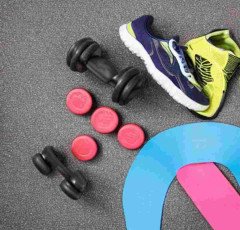

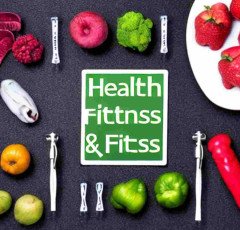

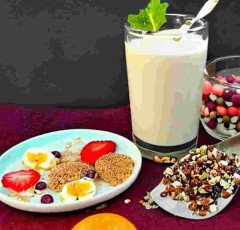


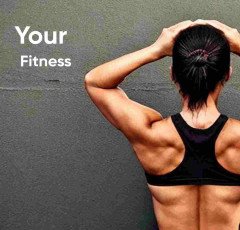







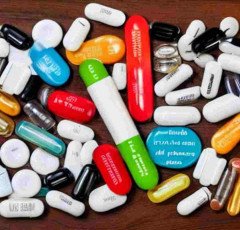





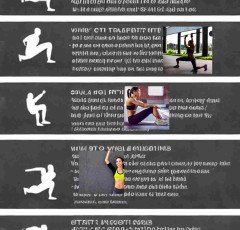










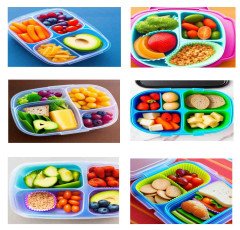


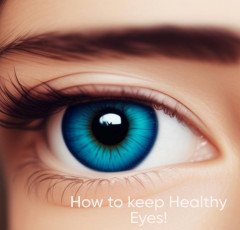













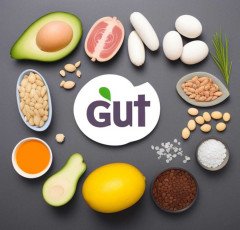
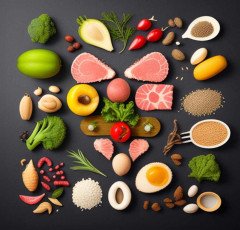




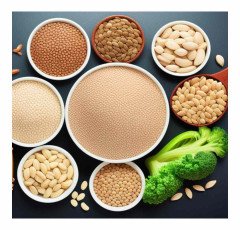


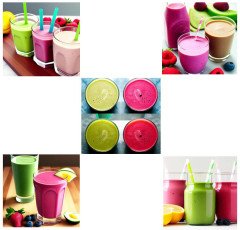
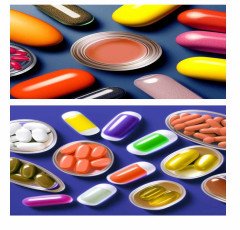





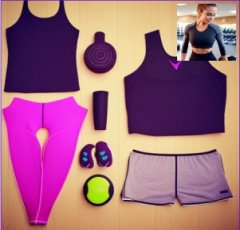
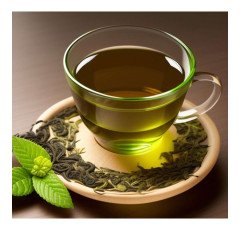



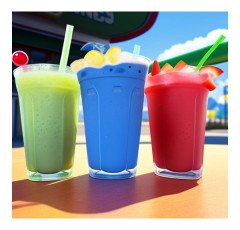

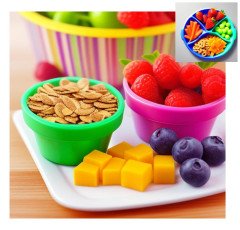
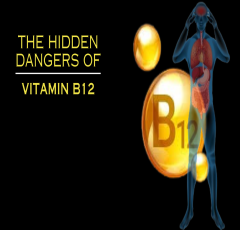






 NordVPN
NordVPN  Unreal Engine 5 For Beginners Learn The Basics Of Virtual Production
Unreal Engine 5 For Beginners Learn The Basics Of Virtual Production  Best Selling Books
Best Selling Books  All Wireless Products
All Wireless Products  SOFAS
SOFAS  NordPass
NordPass  Graphics & Design
Graphics & Design  Creative Brief For Video Shoot
Creative Brief For Video Shoot  Women Fashion
Women Fashion  Top Rated From Amazon
Top Rated From Amazon  NordLocker
NordLocker  RPM 3.0
RPM 3.0  Best Home Appliances
Best Home Appliances  Acer Laptop
Acer Laptop  Online Marketing
Online Marketing  Amazon Best Selling Products
Amazon Best Selling Products  Men Clothing
Men Clothing  ASUS Laptop
ASUS Laptop  BEST SELLER TOP10
BEST SELLER TOP10  1150+Trendy kids coloring pages Bundle
1150+Trendy kids coloring pages Bundle  Best Sellers On Amazon
Best Sellers On Amazon  Hot Bags For Pain Relief
Hot Bags For Pain Relief  Online Technology Classes
Online Technology Classes  SEO Checklist
SEO Checklist  Unlimited access to classes on illustration, photography, design, film, music
Unlimited access to classes on illustration, photography, design, film, music  ASPINAL LONDON
ASPINAL LONDON  Artificial Intelligence
Artificial Intelligence  ELECTRONIC ACCESSORIES
ELECTRONIC ACCESSORIES  The Secret Email System
The Secret Email System  One World Collection
One World Collection  Smart Doorbell
Smart Doorbell  Sennheiser
Sennheiser  TitTok Revolution
TitTok Revolution  The Click Engine
The Click Engine  Best Robotic Vacuum Cleaners
Best Robotic Vacuum Cleaners  Favorite Company (Cuelinks)
Favorite Company (Cuelinks)  Only For The United States
Only For The United States  Hello Theme
Hello Theme 
















